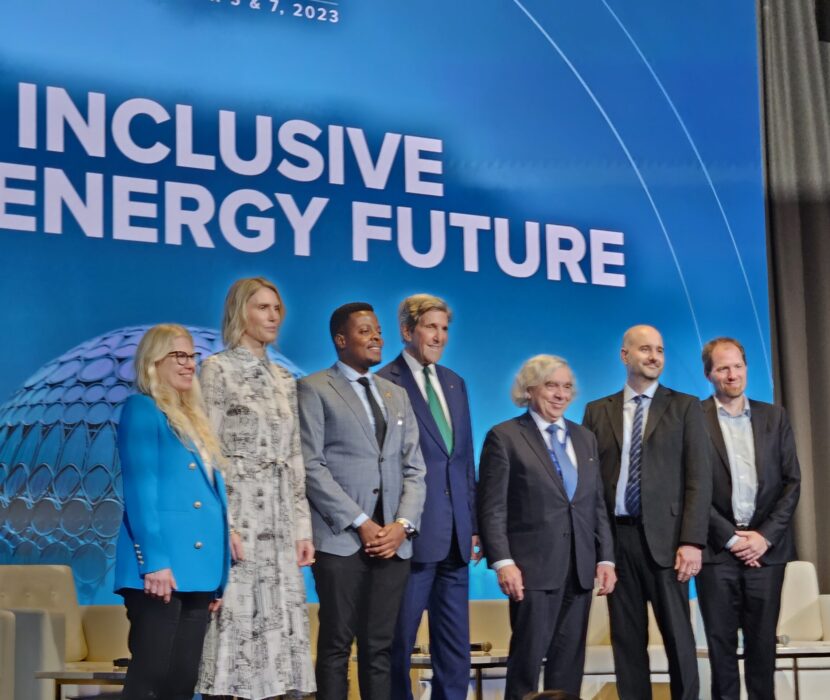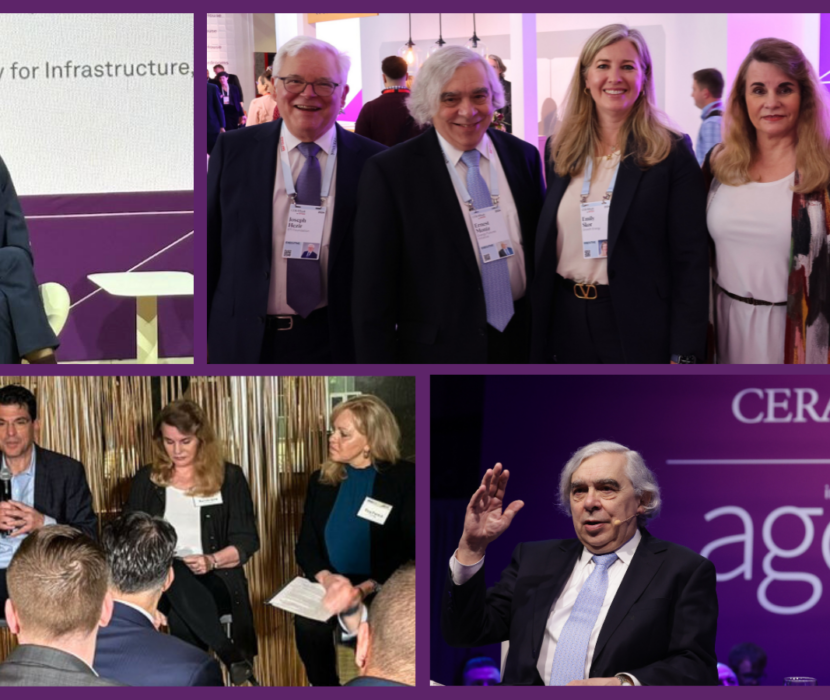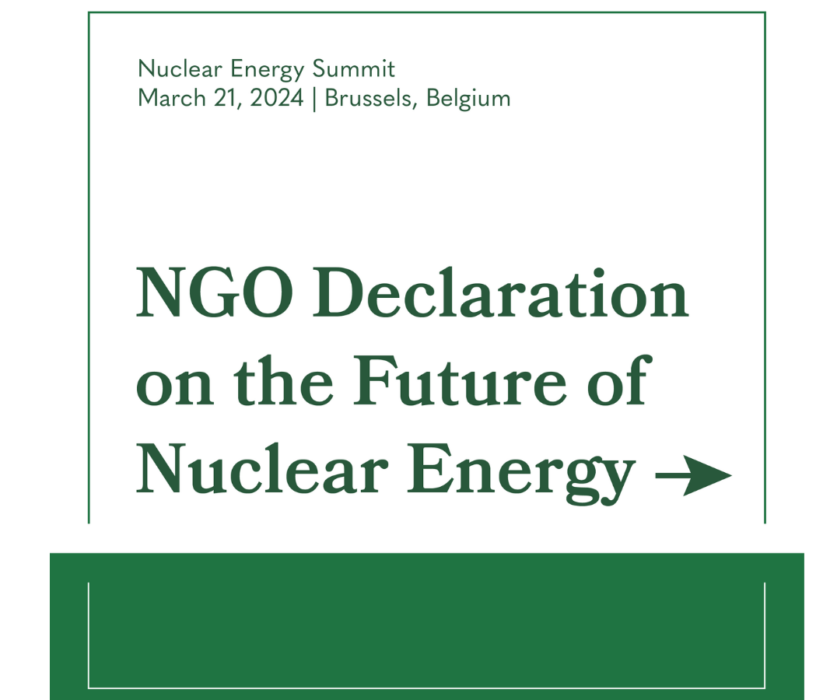EFI Founder and CEO Ernest Moniz joined John Kerry, Special Presidential Envoy for Climate, to discuss the Biden administration’s aspirations in climate and energy during IHS Markit’s CERAWeek. Moniz asked Kerry a series of questions on the 2021 international climate scene, including the nation’s relationship with China and India, and the potential to make allies of oil and gas companies.
Kerry began by calling climate change “a national security threat, a health threat, and an economic threat.” Heading into COP26, Kerry said the goal is to hold the Earth’s temperature to no larger than a 1.5-degree Celsius increase. Moniz and Kerry agreed that an “all of the above” approach would be essential to achieving net-zero emissions.
Regarding COP26, Moniz characterized the current geopolitical landscape with China as “complicated” and “intense” and asked Kerry how sees this relationship going forward. Kerry responded that we have reached “a compelling moment” and hopefully the US could address the climate crisis with China as a compartmentalized issue, separate from other US concerns. Responsible for about 30% of global emissions, China is currently the world’s greatest emitter. The US is number two, with the US, China, and the European Union together responsible for more than 55% of global emissions. “There is no solving this by any one country alone, you have to have China at the table,” said Kerry.
Kerry said the President instructed him to organize an April 22nd summit to gather major emitting nations together. At the summit, the US will ask major emitting nations to raise their ambitions. Kerry expressed hope that the US nationally determined contribution (NDC) will be announced at the summit as well. “It will have to be aggressive,” he added, “because we are behind.”
Moniz then inquired about the triangular relationship of the US, China, and India, given the political tensions between China and India. Kerry responded that Mission Innovation, a global initiative to drive public and private clean energy innovation, needs to come back in full force. He also applauded India’s goal to produce 450 gigawatts of renewable power by 2030, which he called “very ambitious.” India will need $600 billion to make this transition, Kerry noted, and he has been working with US investment houses and asset managers to determine how much private capital can be directed towards this effort.
Moniz and Kerry then discussed the potential for oil and gas companies to become allies in efforts to address climate change. Kerry stated that the executives of these companies can’t help but “read the tea leaves” of where the market is going, and should be figuring out how to become energy companies. “There still is resistance to this transformation,” Kerry said, “and that’s something we really can’t afford very much anymore.”
Watch the full conversation here.
– Jordan Gallagher
(Share this post with others.)




